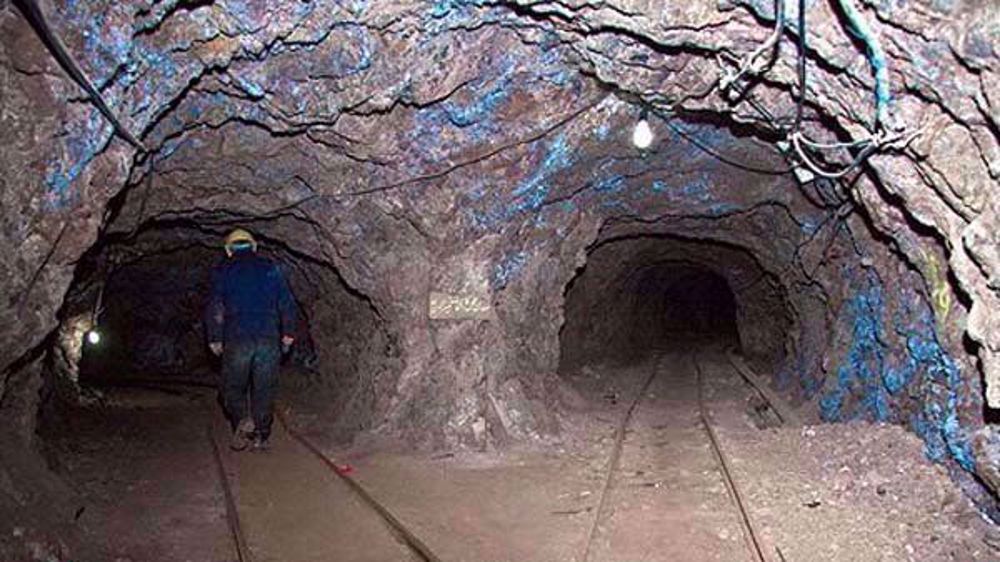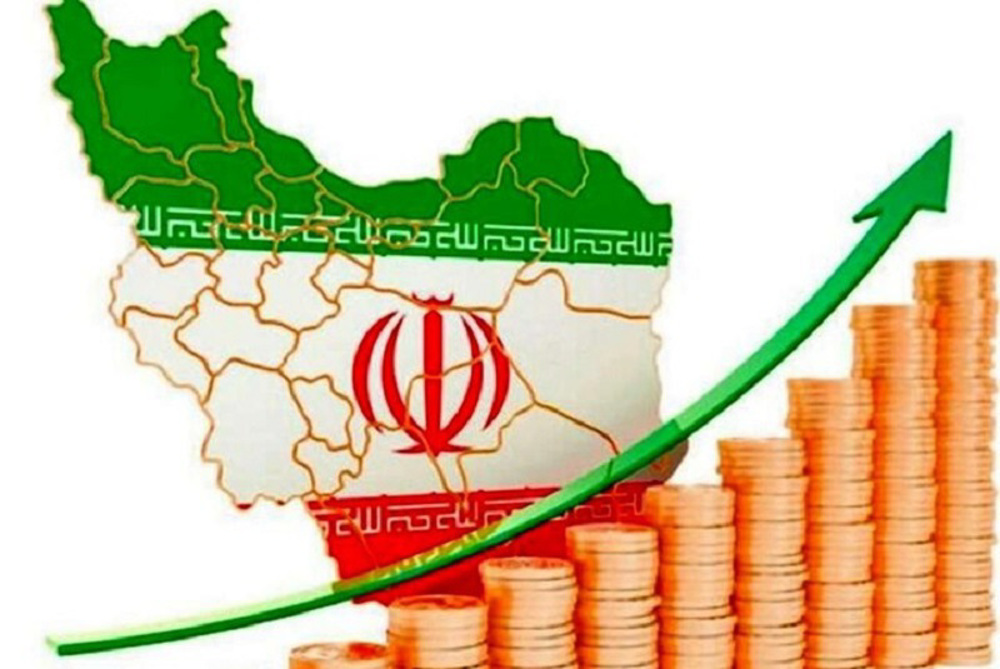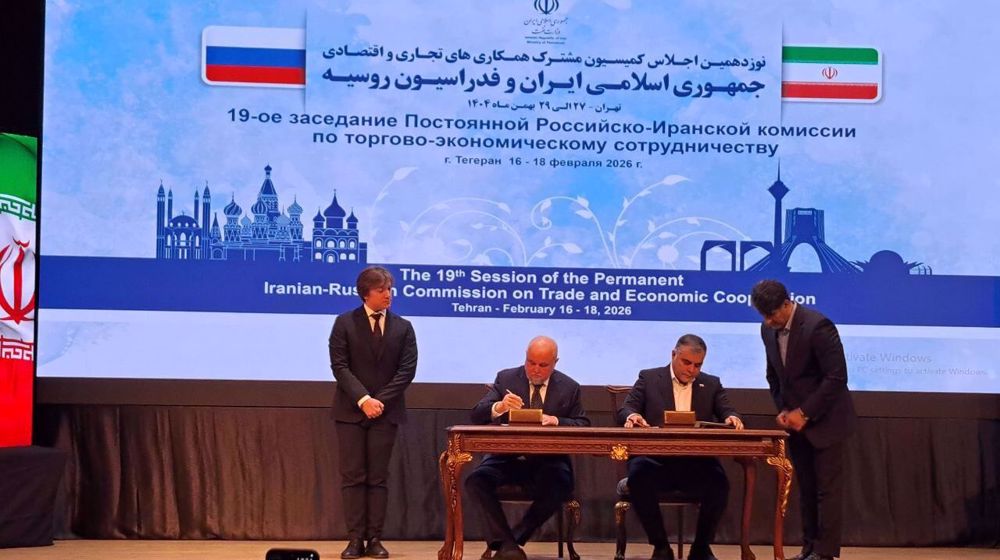Iran’s 2020 buying price for wheat sparks discontent among farmers
Iranian wheat farmers have been taken off-guard by a government announcement about buying prices for the next summer season, saying that would hurt the country’s self-sufficiency and increase imports.
Agriculture unions said on Monday that the state-mandated price of 2.2 million rials (nearly $20) per 100 kg announced earlier in the day for guaranteed purchase of the next year’s wheat crop was far lower than what had been expected.
Farmers and unions were demanding prices above 2.7 million rials, saying that would prevent a growing shift in cultivation patterns and guarantee that there would be no need to imports.
Masoud Assadi, who heads the Iranian National Association of Agricultural Unions, said the price announced by the government was even lower than the current market price for barley, a crop mostly used as animal feed.
Assadi said the price would compel more wheat growers to sell their crop to animal farmers, adding that unrealistic prices announced last year caused a serious decline in the volume of state-guaranteed purchase over the summer.
Iran’s ministry of agriculture has echoed similar concerns about low prices, insisting that discouraging wheat production would impact Iran’s food security at a time of increased economic pressure on the country.
Iran has managed to maintain a satisfying level of self-sufficiency in production of wheat and several other key strategic crops over the past years.
However, sanctions imposed by the United States last year devalued Iran’s currency and drove market prices up, prompting many farmers to shun government’s guaranteed purchase scheme.
“This year, state purchase did not exceed eight million tons despite the fact that production of wheat was 12-13 million tons,” Asadi told Fars news agency, adding, “Farmers gave their wheat to the livestock and not the government.”
Iranian commander dismisses US military buildup in West Asia as ‘theatrical gesture’
US special envoy says Trump ‘curious’ as to why Iran hasn’t ‘capitulated’ yet
Lindsey Graham urges Trump to ignore aides opposing war on Iran
Far-right, anti-Islam protest sparks counter-protests in Manchester
Press TV's news headlines
Sudan’s mining sector suffers $7 billion loss amid ongoing civil war
Ansarullah slams Israel’s massacre in east Lebanon, urges unified Arab action
Iran resolved to uphold nation’s nuclear rights via diplomacy: FM Araghchi











 This makes it easy to access the Press TV website
This makes it easy to access the Press TV website